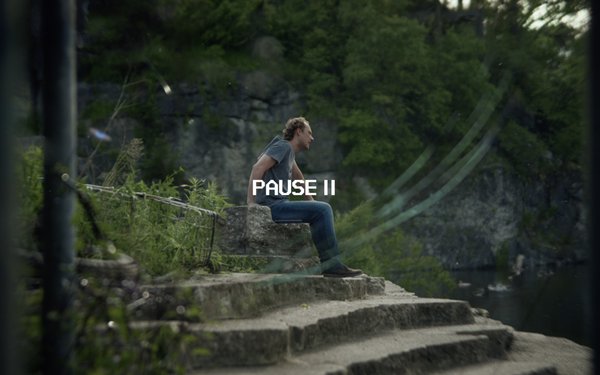
Firearm Restraining
Orders -- also known as “red flag laws” or “extreme risk laws” -- help save lives, yet many people are not familiar with them.
That’s
the impetus behind a new firearm safety PSA campaign released by the Illinois Department of Public Health (IDPH), the Ad Council, and the organization Brady: United Against Gun Violence,
in collaboration with the Illinois Department of Public Health (IDPH).
Red flag laws laws such as the one that exists in Illinois allow for household members or family members to request civil
orders that temporarily prevent the purchase or possession of firearms by a person in crisis.
According to a recent study by the Ad Council Research Institute (ACRI) and the Joyce Foundation,
only 10% of people in the state are familiar with FRO laws and know when and how they can be used.
advertisement
advertisement
The campaign
follows a report published by the office of Surgeon General Vivek Murthy in June that described gun-related violence as “a public health crisis” and called for more widespread
implementation of FROs.
According to CDC data cited in the report, there were over 48,000 firearm-related deaths in the United States in 2022 – over half of which were
suicides.
“The startling rate of gun violence in the United States right now has become a public health crisis," Ro Patrick, group campaign director at the Ad Council,
told Marketing Daily. "Firearm Restraining Orders are potentially life-saving tools that grant individuals in crisis time and space away from firearms."
"Because of the
significant ability of these interventions to curb gun violence, it is of utmost importance that we educate the public about these laws and how to use them so that we can keep people safe," Patrick
said, adding that "extreme risk laws and firearm restraining orders allow families an opportunity to protect their loved ones during moments of crisis."
A 60-second “Pause to Heal”
PSA tells the story of a man in distress whose sister enacts an FRO for his safety, with a cinematic depiction of the
man in a secluded location with a handgun resting beside him. After his sister calls to inform him of the family's decision, the scene is paused, the gun vanishes, and the man manages to put himself
on the path to recovery.
The PSA concludes with the message: “By temporarily removing a gun, a Firearm Restraining Order gives a person in crisis time to heal.”
The video
is part of a broader awareness campaign that includes a series of ads across media formats driving audiences to visit a digital information hub on the
Illinois government's website to learn more about FROs.
“Pause to Heal” builds off of Brady and the Ad Council's previous “End Family Fire” campaign, shifting its focus
from safe firearm storage to deaths by suicide -- a persistent and often overlooked aspect of the gun violence problem in America.
According to the June “Firearm Violence: A Public
Health Crisis In America” report from the Surgeon General's office, the rates of firearm-related suicide increased by 20% across the U.S. from 2012-22, with the highest increases among younger
people.
While limited to Illinois, the campaign also functions as a “pilot” for future efforts expanding its reach to other states and Washington, D.C., according to a
release.
Twenty-one states have variations on extreme risk laws like the one in Illinois, as well as Washington, D.C.
“Widespread awareness of Firearm Restraining Orders is
crucial to ending family fire and freeing America from gun violence. This uniquely American epidemic can only be quashed if we are all aware of the evidence-based tools we have at our disposal to
protect our loved ones,” Brady president Kris Brown said in a statement.
Brown added: “By sharing information in accessible ways, we can empower families to use these tools to save
lives and find the time needed to get help and address crises.”
The campaign also comes after the Supreme Court decision to uphold the legality of civil domestic violence restraining
orders, which allow civil courts to impose restrictions on gun ownership on the perpetrators of domestic violence, in its United States v. Rahimi decision this year.
Patrick told Marketing
Daily that the “Supreme Court's recent decisions and timing had no direct impact on the rollout of this campaign as our main focus was quickly and effectively addressing the public health
crisis of gun violence and highlighting the healing role of Firearm Restraining Orders,” adding: “Our goal has always been to launch our work as soon as possible, ultimately helping to
keep our communities safe.”